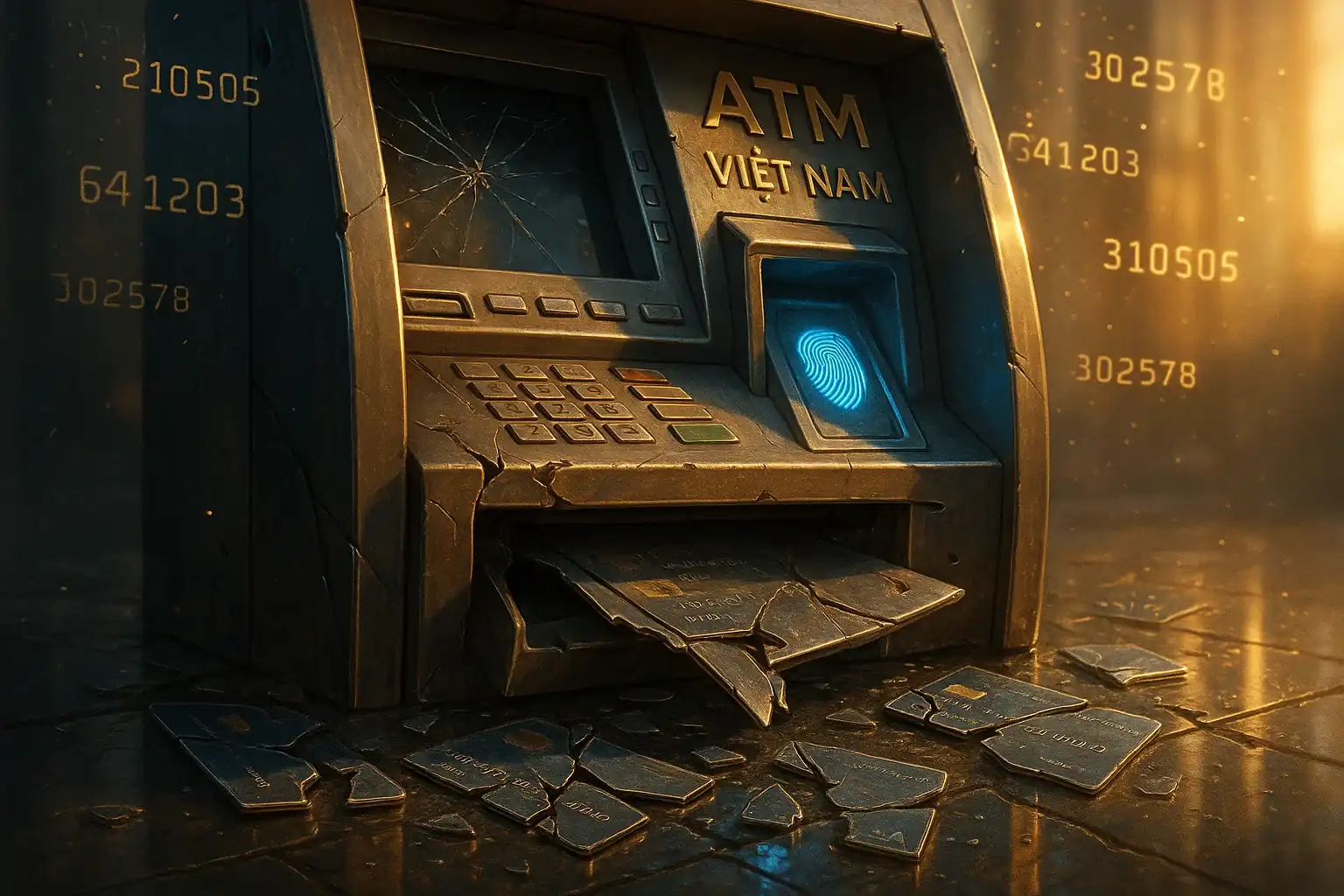In a startling development that has generated waves in the global financial community, Vietnam has permanently closed more than 86 million bank accounts in a sweeping new regulation aimed at preventing fraud and cybercrime.
The move, which began in September 2025, follows sweeping new regulations requiring biometric user authentication for financial transactions and account management.
The account closures account for about 43% of the estimated 200 million bank accounts in the country, highlighting a significant shift towards a more regulated and centralised financial system.
According to statements from the State Bank of Vietnam (SBV) and reports from Vietnam News, commercial banks have begun mass deletions of inactive or non-biometrically verified accounts. Of the 200 million accounts, only 113 million survived the purge.
New regulations make biometric checks, including face scans, mandatory for new account registrations and specific online transactions. This has disproportionately affected foreign residents, who face hurdles such as in-person verification requirements with limited remote alternatives.
Although Vietnam's action may seem like an isolated event, it is part of a growing global trend of governments and banks blocking customer funds. In 2022, Chinese depositors faced a similar situation when their life savings were frozen without warning, sparking public protests.
In the US, civil asset forfeiture laws allow law enforcement agencies to seize funds from citizens not yet convicted of a crime. In the UK, anti-money laundering laws have led to the freezing or sudden closure of accounts for compliance anomalies. And the infamous Canadian truck drivers case in 2022 saw the government freeze the bank and cryptocurrency accounts of protesters and their supporters, in some cases without a judicial process.
The authorities argue that these measures are crucial to prevent money laundering and financial crimes. However, critics, particularly within the cryptocurrency community, see these events as a clear reminder of the inherent risks of centralised financial systems.
The Vietnamese bloc emphasises the importance of being one's own bank, a fundamental tenet of the cryptocurrency world. Centralised systems imply that a person's funds exist with the permission of a bank or state, making them vulnerable to sudden exclusions, errors or even abuse.
As increasing digitisation and biometric controls link financial access to identity, the potential for systemic risks increases. Systems may fail and individuals may find themselves in conflict with evolving policies and be left without recourse.
In this context, Bitcoin offers a compelling alternative. Unlike traditional bank accounts, Bitcoin can be held and traded without intermediaries, making arbitrary blockades or seizures significantly more difficult. In a world of shifting compliance standards and 'debanking', true financial sovereignty means independence not only from hackers, but also from well-meaning (or intrusive) governments and institutions.








